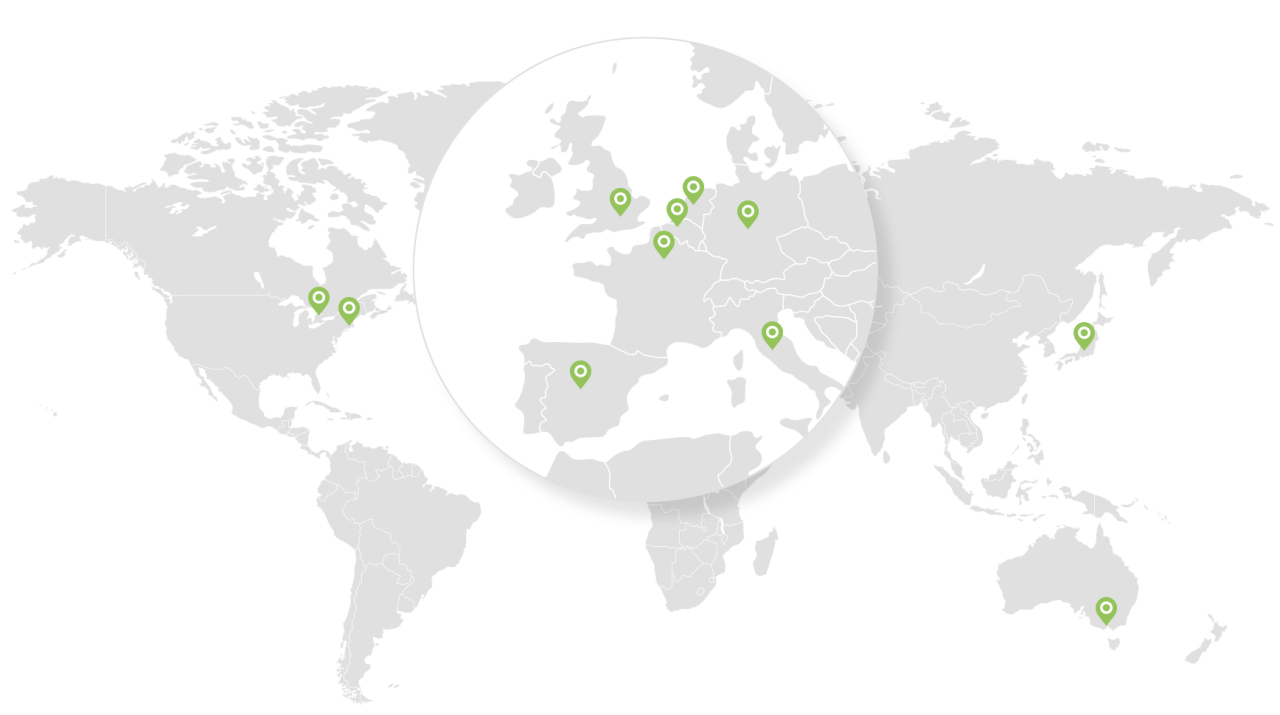Breda, The Netherlands / Ghent, Belgium, 4 November 2013 – arGEN-X today announced the signing of a research and license agreement with de Duve Institute/UCL (Belgium). Under the terms of the agreement, the parties will closely collaborate to use arGEN-X' SIMPLE Antibody™ technology in validating the biology of a novel cancer immunomodulation target and creating functional leads with therapeutic potential. arGEN-X has an option to develop and commercialize resulting antibody drug candidates on an exclusive basis, from which both parties will share the rewards.
This agreement marks arGEN-X’ first collaboration under its strategy of engaging with research centers of excellence, to deploy SIMPLE Antibody™ in validating and drugging novel targets in cancer and inflammation.
Prof. Dr. Hans de Haard, Chief Scientific Officer of arGEN-X commented: "de Duve Institute/UCL has extensive expertise and know-how in cancer immunology. The concept of overcoming immune tolerance in cancer has been clinically validated with the recent approval of ipilimumab, an anti-CTLA-4 antibody. This collaboration, which we intend to broaden over time, will focus on enhancing anti-tumor responses with fewer side effects. The program is a great complement to our portfolio of immune modulation strategies in cancer, spearheaded by ARGX-110, our clinical stage anti-CD70 antibody."
Dr. Michael Saunders, Senior Director of Targets and Programs at arGEN-X indicated: "This collaboration is a showcase of our strategy of accessing novel targets with therapeutic potential through collaboration with leading academic research groups. Our SIMPLE Antibody™ platform is uniquely suited both to validating novel targets and to creating potential first-in-class biotherapeutics."
Prof. Pierre Coulie and Prof. Sophie Lucas, de Duve Institute, UCL, commented: "This collaboration is a great opportunity for our group to benefit from arGEN-X’ technology and expertise in deriving novel therapeutic antibodies. It should allow us to swiftly determine how valuable our target is for tumor immunotherapy. This collaboration could also pave the way to fruitful interactions on other targets."
